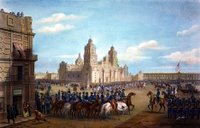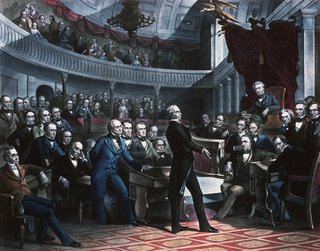
A lot of people say that they see evolution everywhere around them. They say that there is no field in science where they do not see its influence. Wait a second, you can’t have absolutes like that; it’s un-scientific.
Whether something is evidence of creation or evolution all depends on your worldview, how you interpret the evidence, and your starting premises. If any of the above conditions are false, then the “proof” goes down the drain. An evolutionist looks at the Grand Canyon and says, “A little bit of water over a long period of time did this.” A creationist looks at the Grand Canyon and says, “A lot of water in a short period of time did this.” It all depends on your viewpoint. That isn’t to say that there is no absolute truth. There is, all I’m saying is that people look at things differently and make conclusions based on their worldviews.
I look around me and see examples of creation and marvelous design everywhere.
Take the giraffe, for instance. Its heart is 2 ft. long in order to pump the blood all the way to the head. Now say (hypothetically) that the long neck and head evolved before the heart. That giraffe would have a serious problem: it’s called death. Oops, there goes the carrier of the one successful mutation. I wonder what the intermediate form of the giraffe looked like. We’ll never know, because it hadn’t developed all the defensive mechanisms it needed yet. Guess we’ll have to wait another million years or so.
That’s just one example, if you look around you, you’ll see many more examples of excellent design by an awsomely intelligent Creator.
UPDATE: After doing a blog search on giraffe evolution, I discovered that some people still believe Lamark's theory of evolution by need. (Lamark was French, by the way) That's a funny, outdated evolutionist argument that most of them don't use anymore.
Lamark said that a long time ago, there was a drought in Africa, and deer-like creatures needed to reach the higher branches of the trees for food. So, they stretched their necks and after a while, by passing down the "stretched neck" gene; they got to how they are now.
False for several reasons:
- Acquired characteristics are not passed down in the genes.
- Genes do not change because you want them to.
- I could sure use eyes in the back of my head, or an extra limb; but no matter how hard I try, I can't seem to get them.
- You can't stretch bones that long.
- You need support systems for that long neck (see post).



